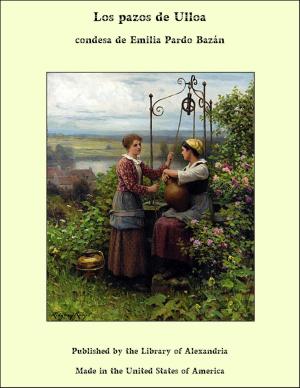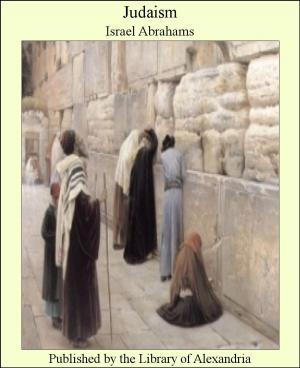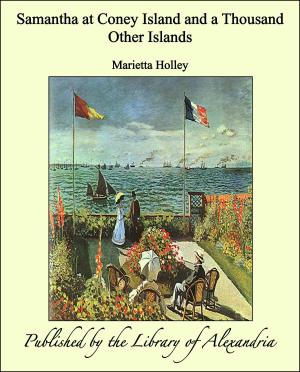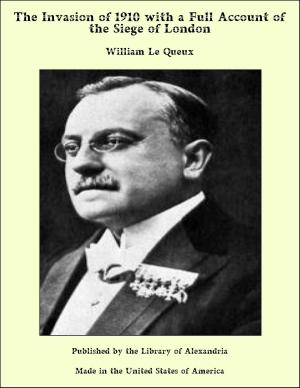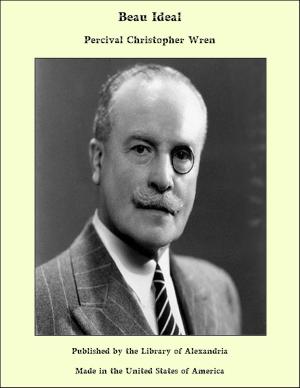| Author: | Emile Zola | ISBN: | 9781465618849 |
| Publisher: | Library of Alexandria | Publication: | March 8, 2015 |
| Imprint: | Language: | English |
| Author: | Emile Zola |
| ISBN: | 9781465618849 |
| Publisher: | Library of Alexandria |
| Publication: | March 8, 2015 |
| Imprint: | |
| Language: | English |
That morning Jean, with a seed-bag of blue linen tied round his waist, held its mouth open with his left hand, while with his right, at every three steps, he drew forth a handful of corn, and flung it broadcast. The rich soil clung to his heavy shoes, which left holes in the ground, as his body lurched regularly from side to side; and each time he threw you saw, amid the ever-flying yellow seed, the gleam of two red stripes on the sleeve of the old regimental jacket he was wearing out. He strode forward in solitary state; and behind him, to bury the grain, there slowly came a harrow, to which were harnessed two horses, driven by a waggoner, who cracked his whip over their ears in long, regular sweeps. The patch of ground, scarcely an acre and a quarter in extent, was of such little importance that Monsieur Hourdequin, the master of La Borderie, had not cared to send the drill-plough, which was in use elsewhere. Jean, then journeying due north over the field, had the farm-buildings exactly in front of him, a mile and a quarter off. On reaching the end of the furrow, he raised his eyes with a vacant look as he paused for a moment to take breath. Before him were the low farm walls, and a patch of old slate, isolated on the outskirts of the plain of La Beauce, which stretched towards Chartres. Under a dull, late October sky lay ten leagues of arable land, where, at that time of year, great ploughed squares of bare, rich, yellow soil alternated with green expanses of lucern and clover; there was here not a slope, not a tree; the plain extended into the dim distance, curving down beyond the horizon, which was level as at sea. Westward, a small wood just edged the sky with a band of russet. In the centre a road—the road from Châteaudun to Orleans—of chalk-like whiteness, stretched four leagues straight ahead, displaying as it went a geometrical row of telegraph-posts. Nothing else but three or four wooden mills on log foundations, with their sails at rest; some villages forming islets of stone; and a distant steeple emerging from a depression in the landscape, the church itself being hidden among the gentle undulations of the wheat-fields.
That morning Jean, with a seed-bag of blue linen tied round his waist, held its mouth open with his left hand, while with his right, at every three steps, he drew forth a handful of corn, and flung it broadcast. The rich soil clung to his heavy shoes, which left holes in the ground, as his body lurched regularly from side to side; and each time he threw you saw, amid the ever-flying yellow seed, the gleam of two red stripes on the sleeve of the old regimental jacket he was wearing out. He strode forward in solitary state; and behind him, to bury the grain, there slowly came a harrow, to which were harnessed two horses, driven by a waggoner, who cracked his whip over their ears in long, regular sweeps. The patch of ground, scarcely an acre and a quarter in extent, was of such little importance that Monsieur Hourdequin, the master of La Borderie, had not cared to send the drill-plough, which was in use elsewhere. Jean, then journeying due north over the field, had the farm-buildings exactly in front of him, a mile and a quarter off. On reaching the end of the furrow, he raised his eyes with a vacant look as he paused for a moment to take breath. Before him were the low farm walls, and a patch of old slate, isolated on the outskirts of the plain of La Beauce, which stretched towards Chartres. Under a dull, late October sky lay ten leagues of arable land, where, at that time of year, great ploughed squares of bare, rich, yellow soil alternated with green expanses of lucern and clover; there was here not a slope, not a tree; the plain extended into the dim distance, curving down beyond the horizon, which was level as at sea. Westward, a small wood just edged the sky with a band of russet. In the centre a road—the road from Châteaudun to Orleans—of chalk-like whiteness, stretched four leagues straight ahead, displaying as it went a geometrical row of telegraph-posts. Nothing else but three or four wooden mills on log foundations, with their sails at rest; some villages forming islets of stone; and a distant steeple emerging from a depression in the landscape, the church itself being hidden among the gentle undulations of the wheat-fields.
![Cover of the book The Soil [La terre] by Emile Zola, Library of Alexandria](https://www.kuoky.com/images/2015/march/500x500/9781465618849-QOtb_500x.jpg)

